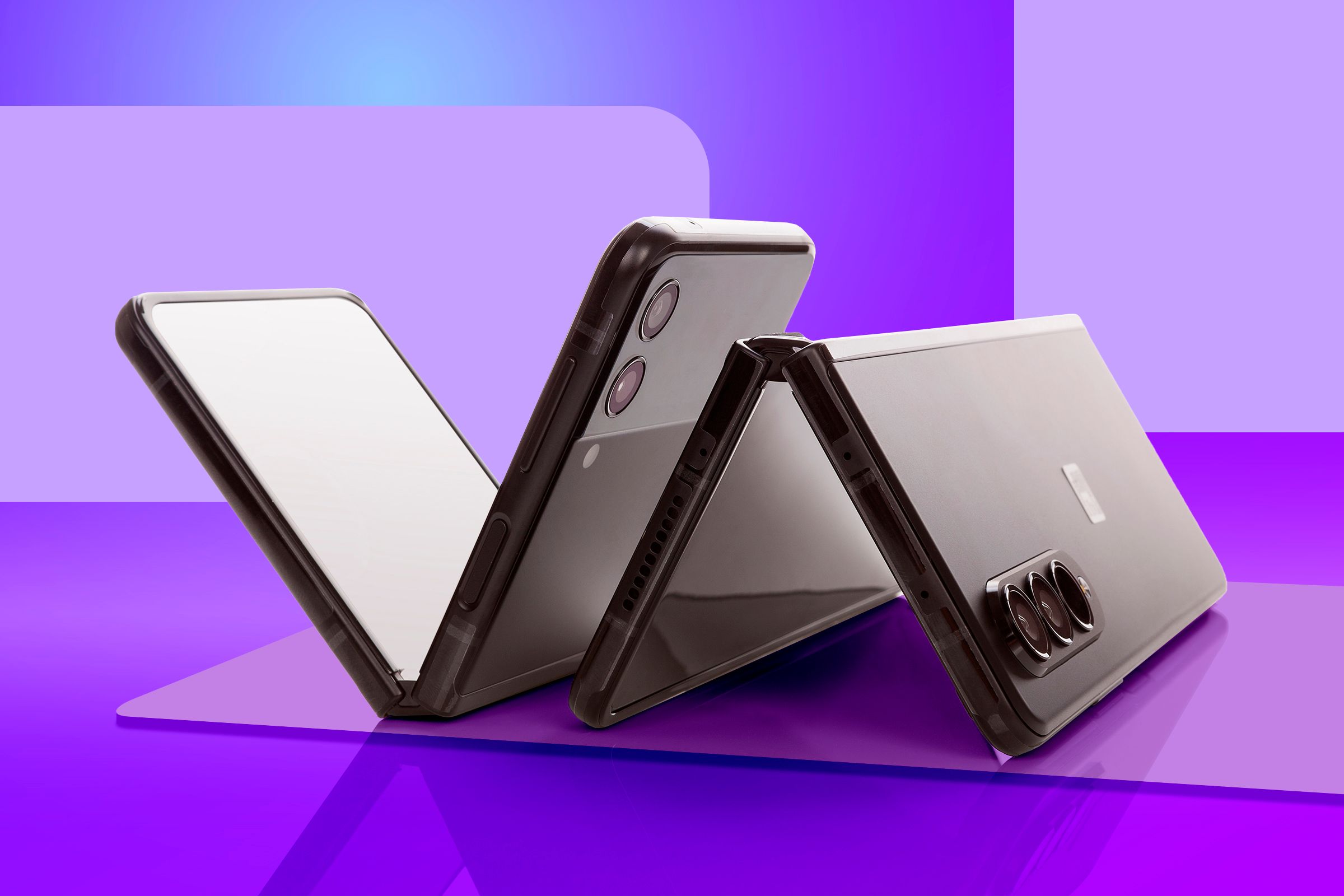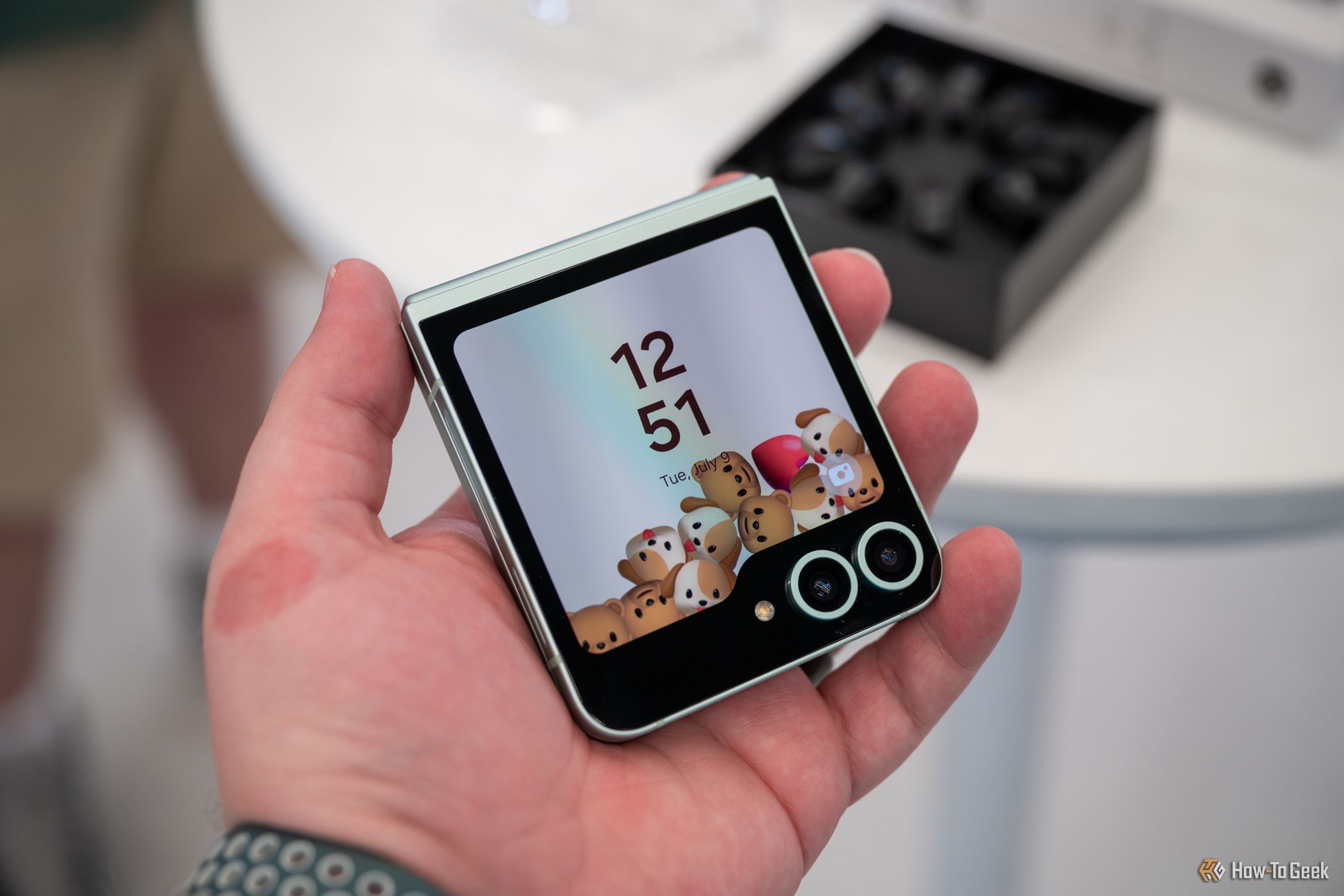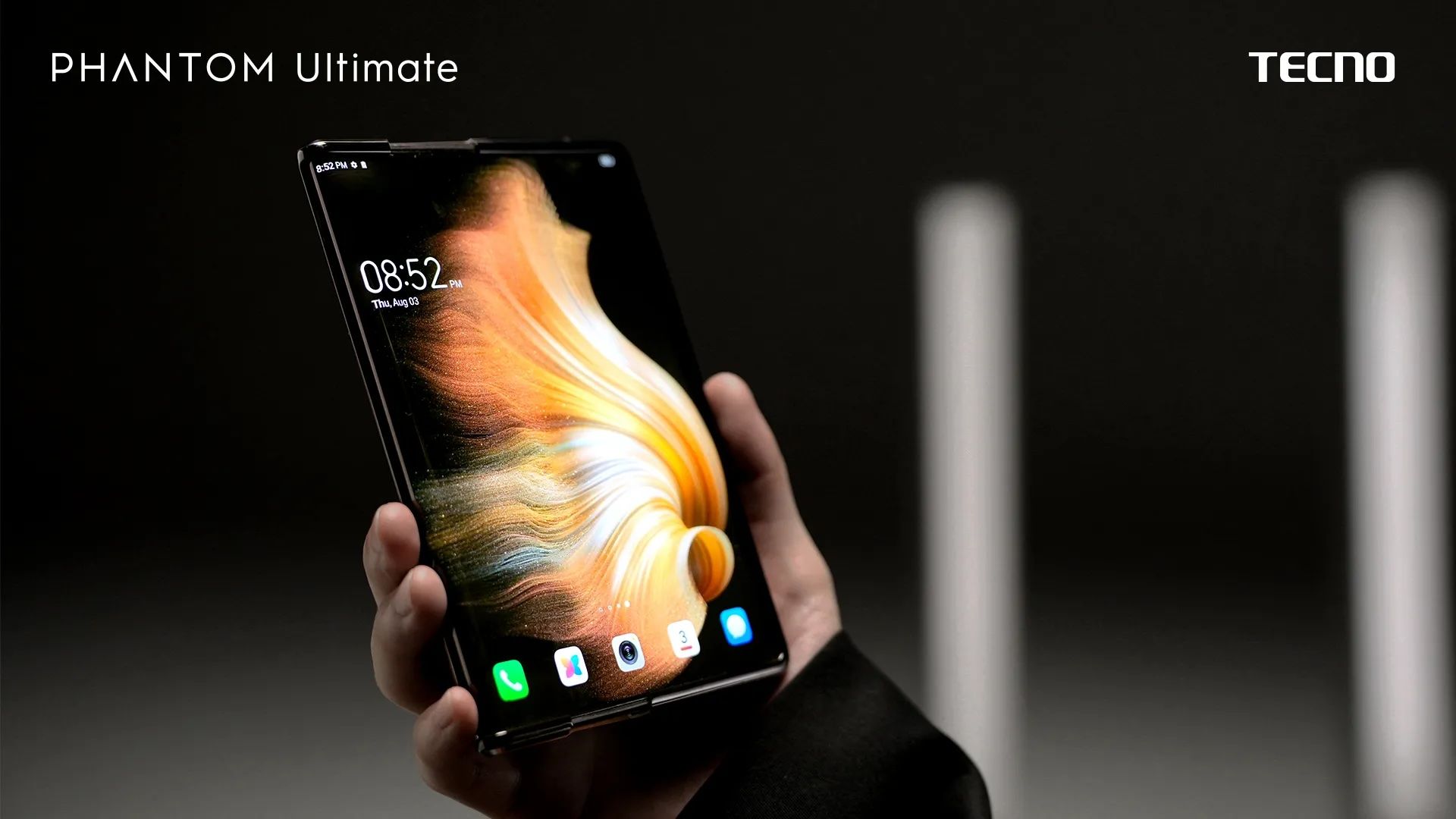
Are Folding Phone Innovations Just for Show, or Here to Stay in the Tech World?

Are Folding Phone Innovations Just for Show, or Here to Stay in the Tech World?
Key Takeaways
- Folding phones serve limited use cases but come with questionable value propositions.
- Moving parts in folding phones, like hinges and screens, make them less reliable.
- Sacrifices for folding phones, including durability, specs, and image quality.
I’m the last person you’d expect to be down on cool and interesting gadgets, and folding phones definitely qualify as both, but will they ever be more than that? Can folding phones become a mainstream option for smartphone buyers at some point, or is the whole premise flawed?
Folding Phones Have a Dubious Purpose
What are folding phones actually meant to do better than regular slabs? There are essentially just two use cases as far as I can tell. One is to let you have a standard phone screen size, but make the phone shorter, as with the Galaxy Z Flip . The other is to keep the phone close to a regular phone’s shape, but to fold it open into something closer to a small tablet, as is the case with the Galaxy Z Fold .

Justin Duino / How-To Geek
Now, these are both legitimate use cases, but the real question is what that functionality is worth, given the sacrifices I’ll get to in a minute. I currently have an S22 Ultra, and I’ve never thought to myself “boy I sure wish this screen was bigger” because standard phone screens are already enormous. We used to call phones like these “phablets,” but now that’s just the standard.
As for folding a standard phone in half. that’s the strongest argument for them in my opinion, but again, a phone like my S22U is already so thin that pocketability was never an issue. Likewise, a normal modern phone screen is so robust that throwing it in your handbag with car keys and other normal junk we all carry around poses no real risk. So the idea that you’ll protect the screen with a clamshell doesn’t hold water.
Folding phones are cool, and a novelty, but for me, when you try to break down the value proposition to its essence, it doesn’t quite add up to more than that.
Moving Parts Are Always Less Reliable
One of the best things about my M1 MacBook Air is that it’s almost entirely a solid-state device, except for the screen hinge and the keyboard, which are still failure points. My smartphone and iPad, on the other hand, are in completely solid state, with no moving parts. If it weren’t for the current state of battery technology, these devices would probably work indefinitely. Barring physical damage, a modern phone is pretty much bulletproof until the battery gives up the ghost.
With a folding phone you throw absolutely all of that out the window, with both a complex hinge and the folding screen itself, which is enormously more fragile. Until materials science advances to the point where these folding screens are as robust against wear and damage as typical smartphone screens are today, I’ll remain hesitant to get one as my daily driver. I’ve also come to the point where I don’t consider a smartphone something I use for two years and then replace. These devices are so powerful, and makers are promising such long support cycles, that I expect five years of use with proper battery care . I just don’t see folding phones doing that on average with normal daily use.
The Sacrifices Aren’t Worth It
Let’s say you’re totally convinced by the benefits of folding phones, or you personally love the concept and esthetics; what are you giving up to have them?
Apart from durability and longevity concerns, you’re giving up a few other things we take for granted on non-folding phones these days. Principally among these is liquid and dust resistance. I’ve put the days of worrying that my phone will get wet or dunked far behind me, and I’m not keen to add that particular stress back in the mix.
Matched dollar-for-dollar, you’re also likely to get a worse set of cameras and internal specs compared to a non-folding phone. The actual screen quality and resolution is also likely to be worse than a traditional screen. These are just the big ones, but there are usually lots of small concessions in a phone built around the central concept of a folding screen.
Again, there’s nothing wrong with someone deciding that those sacrifices are not an issue to them personally, but it seems to me that the benefits of a folding screen don’t measure up favorably to the list of downsides.
Rolling Screens Might Be a Better Take

Tecno
Flexible screen technology isn’t going anywhere, but for me, a better use of it comes in the form of rolling rather than folding screens. Rollable screens made a splash back in 2021 , and now we have phones like the Tecno Phantom Ultimate which uses this technology. It still carries some of the same drawbacks as folding screens, but to my eye, this approach seems to reduce the complexity of the moving parts, eliminate the screen crease foldable screens have, and allow you the same main benefit of expanding your screen as needed. The Phantom is motorized, which has its own issues, but presumably someone will come up with a good manually-operated take on this concept at some point.
I honestly hope that flexible screen technology in phones and other devices can mature into something that stands up to regular use, but I have this nagging suspicion that folding phones in particular aren’t going mainstream any time soon.
Also read:
- [New] Streamline Your iPhone/iPad Screenshots with 2023 Tricks
- [New] The Secret to Success with Filmora Top 10 Editing Traits
- [New] Unlocking Photo Magic Intro to Snapseed Features
- [Updated] 2024 Approved Mind Matters Top Educational YouTube Picks
- [Updated] Transformative Photos Lightroom Techniques for Stunning HDR
- 2024 Approved Expert Tips for Mac Users Audacity's Audio Recording Features
- Applications of Virtual Reality for 2024
- Top Strategies for Efficient File Backup on Windows: Insights From YL Computing
- Troubleshooting Errors During Game Installation on Origin
- Title: Are Folding Phone Innovations Just for Show, or Here to Stay in the Tech World?
- Author: Daniel
- Created at : 2025-03-04 20:26:34
- Updated at : 2025-03-05 22:17:36
- Link: https://some-skills.techidaily.com/are-folding-phone-innovations-just-for-show-or-here-to-stay-in-the-tech-world/
- License: This work is licensed under CC BY-NC-SA 4.0.